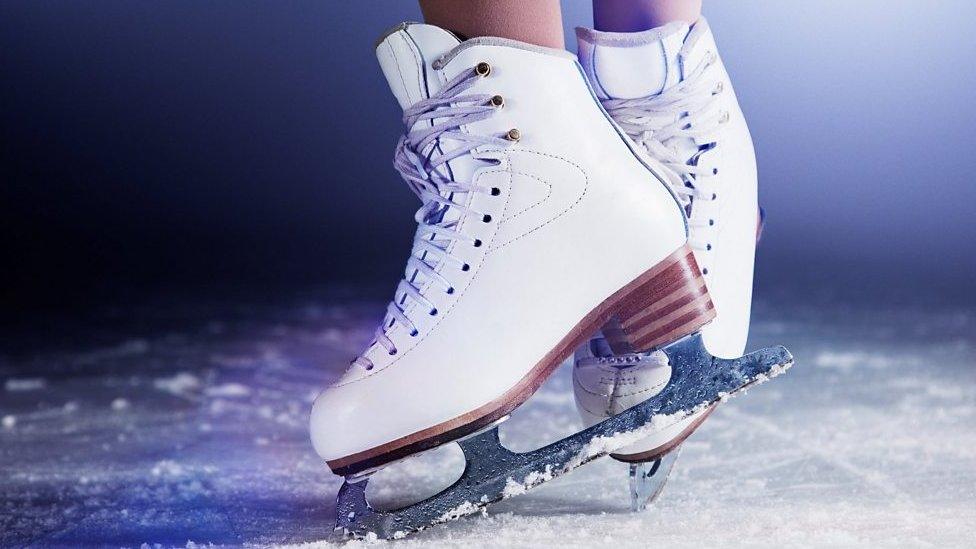Winter Olympics: Kamila Valieva allowed to compete in Beijing
- Published
- comments
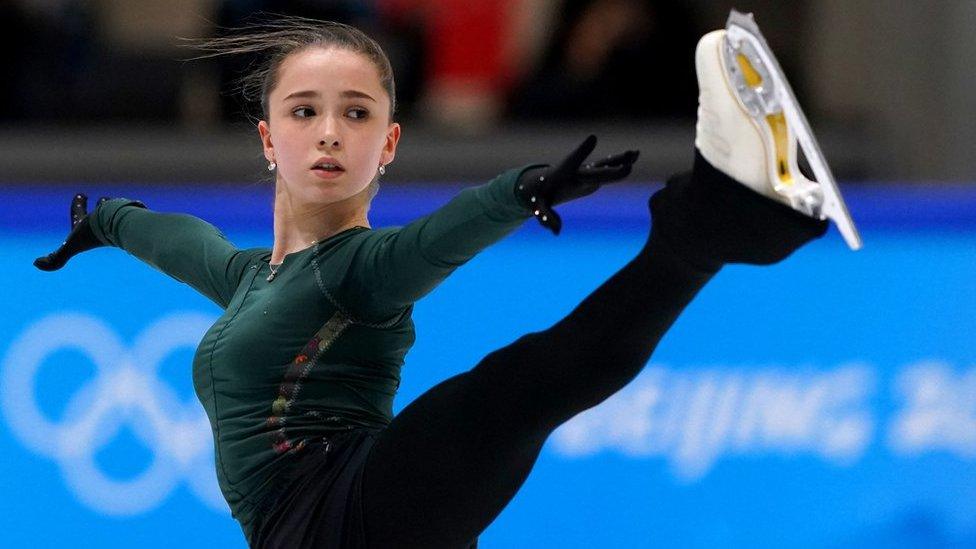
Fifteen-year-old Kamila Valieva has been told she can compete in Tuesday's women's individual figure skating competition at the Beijing Winter Olympics, despite failing a drugs test.
An urgent hearing was called to decide whether or not she could take part, and the Court of Arbitration for Sport (Cas) - an organisation which settles sporting arguments - decided that due to "exceptional circumstances" surrounding her case she could take part.
They said she shouldn't be stopped from competing because of her age and how late the results arrived. They said doing so could cause the teenager "irreparable harm".
Kamila is favourite to win gold on Tuesday - last week she broke a record with two quadruple jumps and helped her team win a gold medal.
Athletes' blood and wee are tested by scientists for performance-enhancing drugs, to make sure that sporting competitions are fair.
'Doping' is when athletes are found to have banned drugs in their blood or wee to improve their performance, which gives them an unfair advantage in sport. That's not allowed.
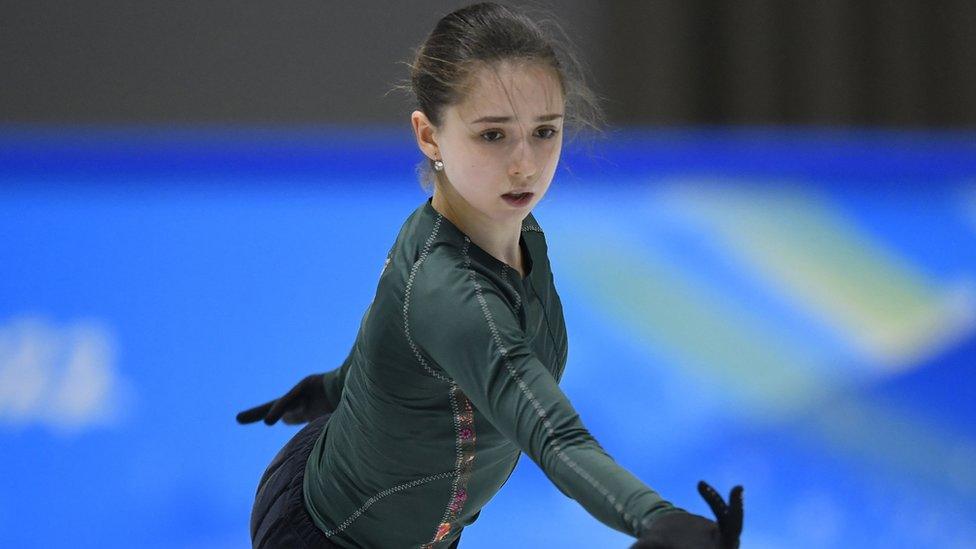
Kamila was the first woman to land a quadruple jump at an Olympics
The World Anti-Doping Agency (Wada) have said they are "disappointed" with the ruling as, in their view, the exceptions that Cas have based their decision on should not apply in this case.
Others have also expressed their anger at the decision, including the US Olympic Committee who said it was "disappointed by the message that this decision sends".
The Canadian Olympic Committee (COC) were also upset at the outcome of the ruling, saying: "The situation that has unfolded with respect to the Russian figure skating athlete's doping case is extremely unfortunate and sad for the athletes."
Canada came fourth in the team ice skating event and so stand to win a medal if the Russian team have theirs taken away.
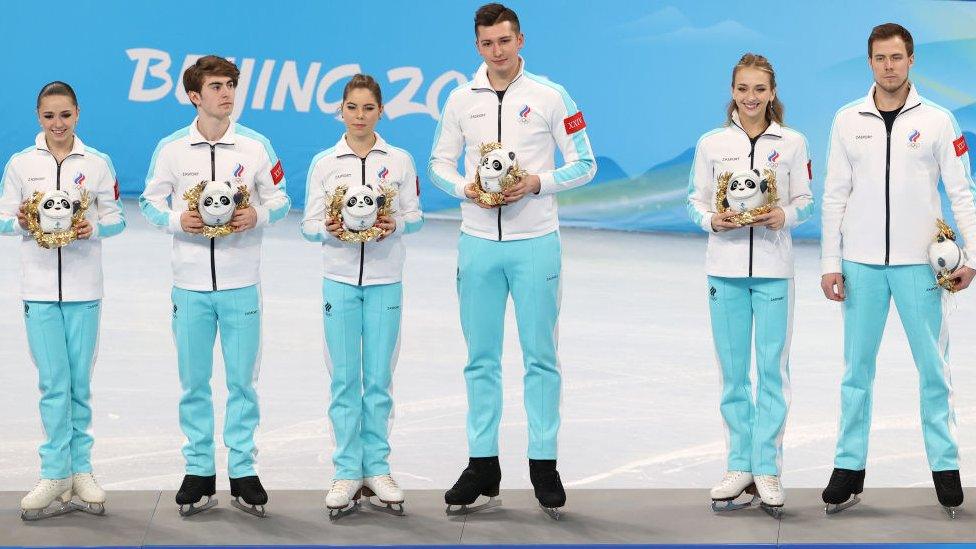
The Russian Olympic Committee ice skating team won gold with Kamila at the team event, but the medal ceremony was delayed pending the result of this ruling
The Russian Olympic Committee have shown their support for Kamila, and the Russian Figure Skating Federation President, Alexander Gorshkov, said "I'm very happy for Valieva and glad that common sense and justice triumphed."
How did we get here?
Kamila gave a sample on 25 December, but her failed test result only came back on 8 February - the day after helping her team (the Russian Olympic Committee) win gold. This meant that the team's medal ceremony was put on hold.
She tested positive for a drug called trimetazidine, which is a legal drug given to people with heart problems. But because it can improve heart function, and therefore an athlete's performance, it's on the list of banned substances in professional sporting events.
Kamila was provisionally suspended but challenged the decision and Rusada, the Russian Anti Doping Agency, agreed to lift the suspension the next day on 9 February.
This decision meant that Kamila was able to continue skating at the Beijing Games.
The International Olympic Committee (IOC) then appealed against the decision by Rusada to lift the ban.
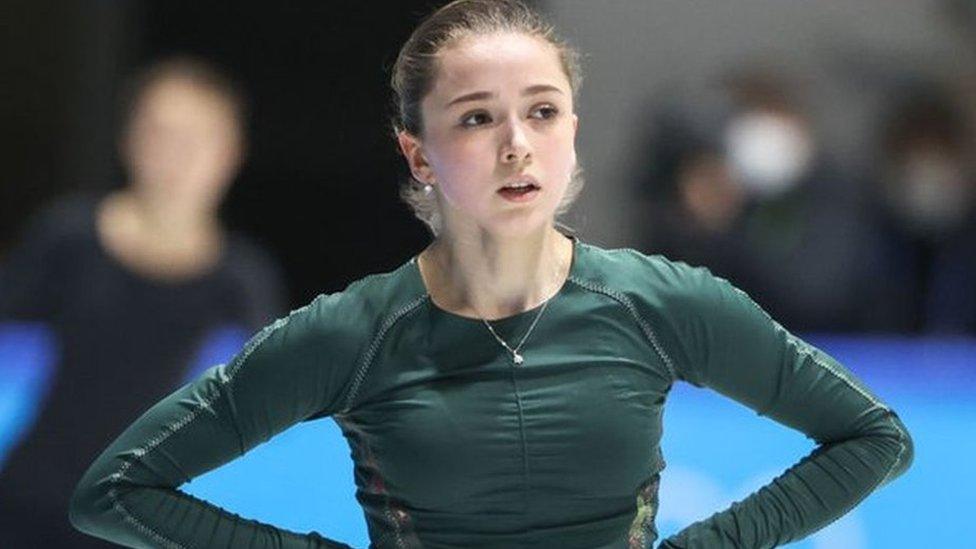
Kamila Valieva is favourite to win individual gold this week
The Court of Arbitration for Sport (Cas) has now ruled that Kamila can compete in the individual ice skating event on Tuesday 15 February.
However this ruling does not resolve the matter of the failed test completely, and although she can take part, she could be stripped of her medal at a later date.
- Published4 February 2022
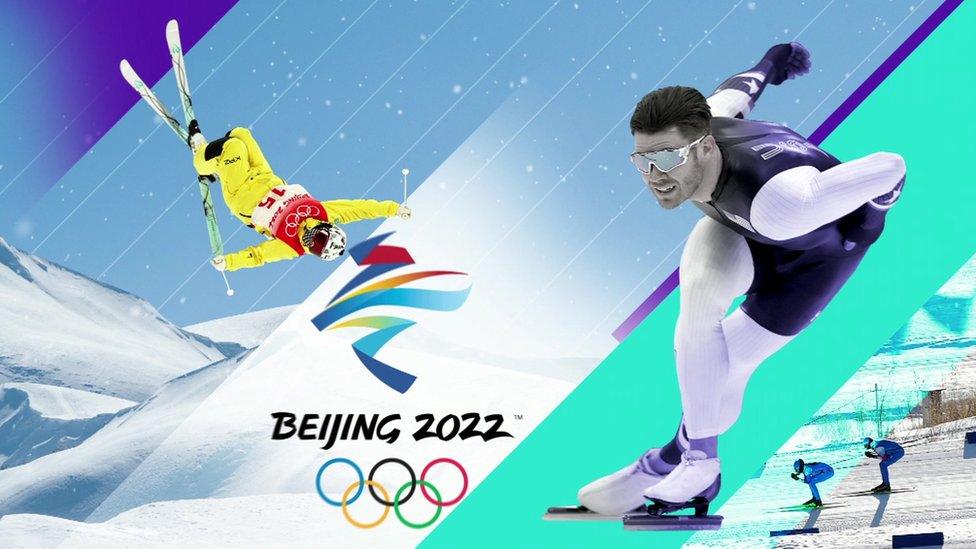
- Published22 January 2020
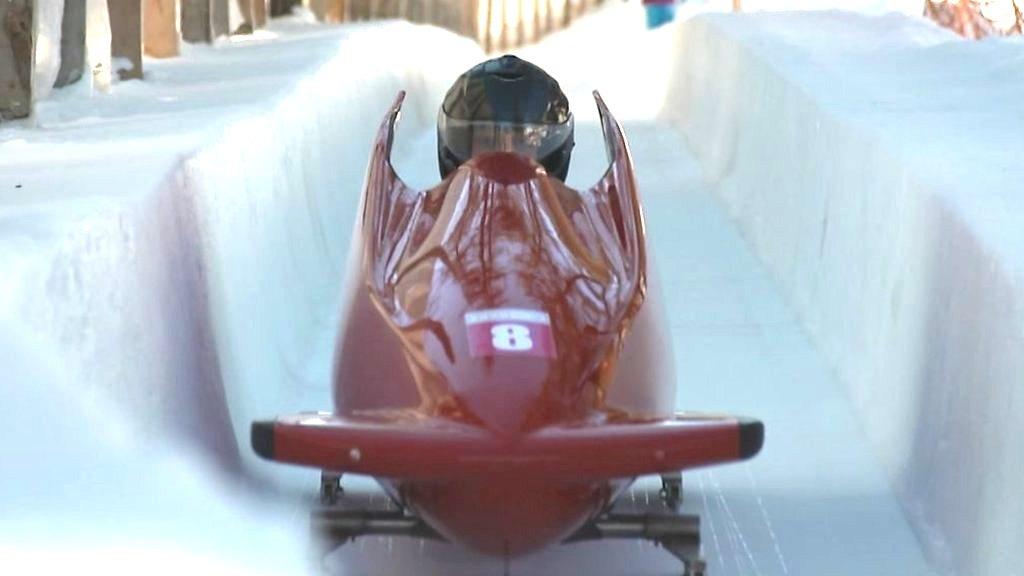
- Published26 September 2020
